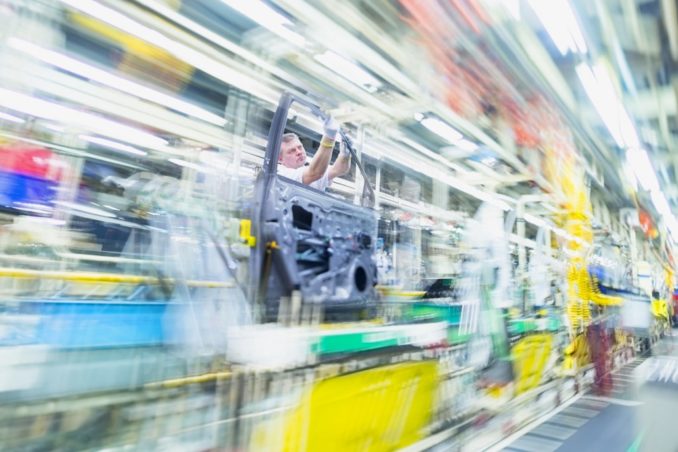
For at least 30 years, I’ve been a bit of a haggler. If I need something, I generally go to a shop – I prefer a small shop, ask the price and if it is a large ticket item, try and haggle.
This practice is becoming more and more difficult owing to reduced margins and the replacement of small shops that ‘could usually do something Sir’ to the vast corporates where “take it or leave it, we don’t have the authority” multinationals that are run by spreadsheets and not people. The other thing that is taking out smaller shops is of course the virtual high street. We’ve all done it, you try something on in a shop, go home and find it cheaper on line. it is in fact my money and I’ll spend it how and with whom I please which is of course, your right.
This approach has taken a turn for me recently, with the current health scare. I was looking for a new or newish car and contacted a couple of dealers to see what deals they were offering. Businesses are generally run by entrepreneurs and they always try to turn every incident in to an advantage for them so I just wanted to do the same. Prior to the Government becoming a full-on authoritarian CCP clone, I did some phoning around. There were no deals to be had apart from the standard offers out there. No discount for cash as contract plans are the way they actually make money nowadays and as for making an offer, I was almost laughed at. This not from 1 or 2 dealers but more and from different manufacturers.
I had thought that the dip and approaching deeper dip in the economy would mean that suppliers would be happy to shift anything in order to get some cash flow. Quite the opposite, for cars at least, it seemed that they will hold on to their price and cut back manufacturing in order to maintain pricing. The dealer generally keeps very little stock and only makes money on completing a sale and of course servicing so they pass the order on to the factory who make the vehicle on a just-in-time basis and you get it in 4-6 weeks if all is well.
As the author understands it, a well known performance car manufacturer improved its sales and cash flow temporarily by forcing dealers to buy cars from them without orders. This meant that the factory could carry on working, figures looked good and the company improved its cash flow however dealers were stuck with more cars than they could sell and so had to very heavily discount models simply to clear stock. This works well in the short term for the manufacturer but I can only see this as a recipe for disaster. Anyway I digress.

Toyota UK – Licence CC BY-NC-ND 2.0
I spoke with a friend recently and this came up in conversation. It went along the lines of “there’s a bloody worldwide pandemic, the economy will soon be in the toilet and I can’t get a discount”. What she said was interesting.
First off, any organisation that bases its selling price on what it costs to manufacture plus profit is doomed to fail. All that is needed is for a larger manufacturer with greater purchasing ability to come in and mop up your customers on price alone and you are a dead duck. Secondly, she went on to say, was that she worked for an American manufacturer of industrial machinery. The thing that they boasted to their customers was how profitable they were. This was a shock to my friend as we British do not like that sort of thing but it was hammered in to them. What on earth was the benefit of this I asked. Well, the benefit is that the company will be around for the future.
It’s a tough call. I want to sell to you yet I make it clear that we make a lot of money from you but fear not, this means that we can provide all the support, maintenance and upgrades that you will ever need. If you buy from that Chinese manufacturer, what will you be getting next month let alone next year or in the three or five years over which the costs are being written down? Do you want certainty or uncertainty in your manufacturing and does your Finance Director agree with your strategy?
Hmmmmm.
This is leading me to rethink my purchasing slightly.
Does one spend a little more and keep a business going that will be there next year when servicing or support is required, local people in work able to put food on the table for their families or just buy a commodity and deal with the fall-out later if and when it occurs? This of course assuming that one can afford to spend that bit more.
I suppose it depends what we really want. None can bemoan the loss of the high street if they do not shop there or tut when another pub closes if they have never bought as much as a pint there. To every action, there is an opposite and equal reaction, I suppose we just need to think these things through a little more and decide for ourselves but for me, the options are no longer so black and white.
© Ratcatcher 2020
Audio file



